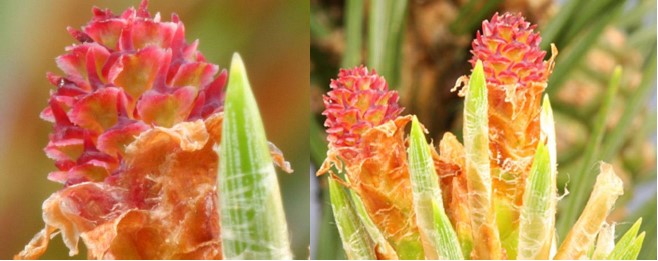

| Shadow tendency | Wholeness |
|---|---|
| Guilty | Willing to take the responsibility |
| “I should have done more…” | Bears the burden of others unreluctantly |
| “I should have …” | Acknowledges their mistake |
| “If only I ….” | Never dwells on their mistake |
| Guilt eating us away | Possess great perseverance |
| No peace | Can move on |
| Blaming oneself | Cope and reflect on mistakes and try to improve them |
| Hard to move on | Understands that humans make mistakes |
| Difficult to forgive oneself | Compassionate |
| Regret | Amiable |
| Full of remorse | Forgiving |
| Burden themselves with Self reproach | Empathetic |
| Apologise when they haven’t made a mistake | Understanding |
| May over-apologise | Admits one’s faults |
| Despondency | Feels genuine regret where it is needed |
| Suffer form self-condemnation | Deep understanding of human nature |
| Never really content with their achievements | Shares burdens of others if needed |
| Black themselves for not doing better | Great patience |
| Pressurise themselves | Simplicity of heart |
| Over conscientious | Sound judgement |
| Have high standards | Objectivity |
| Physically tired | Self=worth |
| Worn out | |
| Scapegoats of mistakes they haven’t committed | |
| Willingly get punished for others mistakes | |
| Lacking conviction in their heart | |
| Childness nervousness | |
| May unconsciously self-punish themselves | |
| Accuses oneself | |
| Unable to have self-love | |
| Often uses apologetic phrases | |
| Introverted | |
| Little joy in one’s life | |
| Feels partly responsible for the mistakes of others | |
| Feels unworthy | |
| Think they are inferior to others | |
| When successful, feels they could’ve done better | |
| Looks more to one’s limits than potential | |
| Negative | |
| Pessimistic outlook towards oneself | |
| Considers themselves a coward | |
| Guilt complex takes away all their joy | |
| Often overworks |
Origin and Specification of the Plant
Binomial Name: Pinus Sylvestris
Kingdom: Plantae
Family: Pinaceae
Genus: Pinus
Species: P. Sylvestris
Origin: Northern Europe
Shade: Yellow
Other names: Scots pine, Scotch pine, Baltic pine, Archangel redwood, Baltic redwood, Bish apples, European turpentine, Norway fir, Red deal, Scotch fir, Scots fir, Yellow deal
Foliage: Evergreen
Height: 35 metres
Description: a tall evergreen tree with orange-brown upper trunk and branches. It has twisted grey-green needles in pairs and 5cm cones
Flowering season: Spring
Qualities and preferences: well-drained soil
Areas of Growth: Parks, Gardens, Pavements
Pinus sylvestris, commonly known as the Scots pine, is a species of tree that belongs to the Pinaceae family. The name Pinus sylvestris is derived from the Latin words 'pinus' meaning pine and 'sylvestris' meaning of the forest or woodland. This evergreen tree is native to Europe and Asia and can grow up to 35 meters tall. It has a conical shape and its bark is reddish-brown with deep fissures.
Pine essential oil is extracted from the needles, twigs, and cones of the Pine tree through steam distillation. This oil has a fresh, woody scent that is widely used in aromatherapy to promote relaxation and relieve stress, anxiety, and depression. Pine oil is also believed to help increase mental clarity and boost energy levels.
Apart from its aromatherapeutic uses, Pine essential oil is also known for its numerous benefits in skincare. Due to its anti-inflammatory and antibacterial properties, Pine oil is often added to skincare products to soothe and heal skin irritations, such as eczema and acne. Pine oil is also an effective natural insect repellent and can be used as a cleaning agent due to its antiseptic properties.
Specification of remedy
Group: Second nineteen
Emotional Group: Despondency or Despair
Emotional response: Self-blame
Method of extraction: Boiling
Pine relates to the soul qualities of regret and forgiveness Bach first prepared the Pine remedy near Sotwell in 1935.
Comparison between other flowers
Willow:
The pine personality is the exact opposite of the willow personality as the pine personality blames everything on themselves even when its other’s fault while the willow personality blames others even if something is their mistake.
